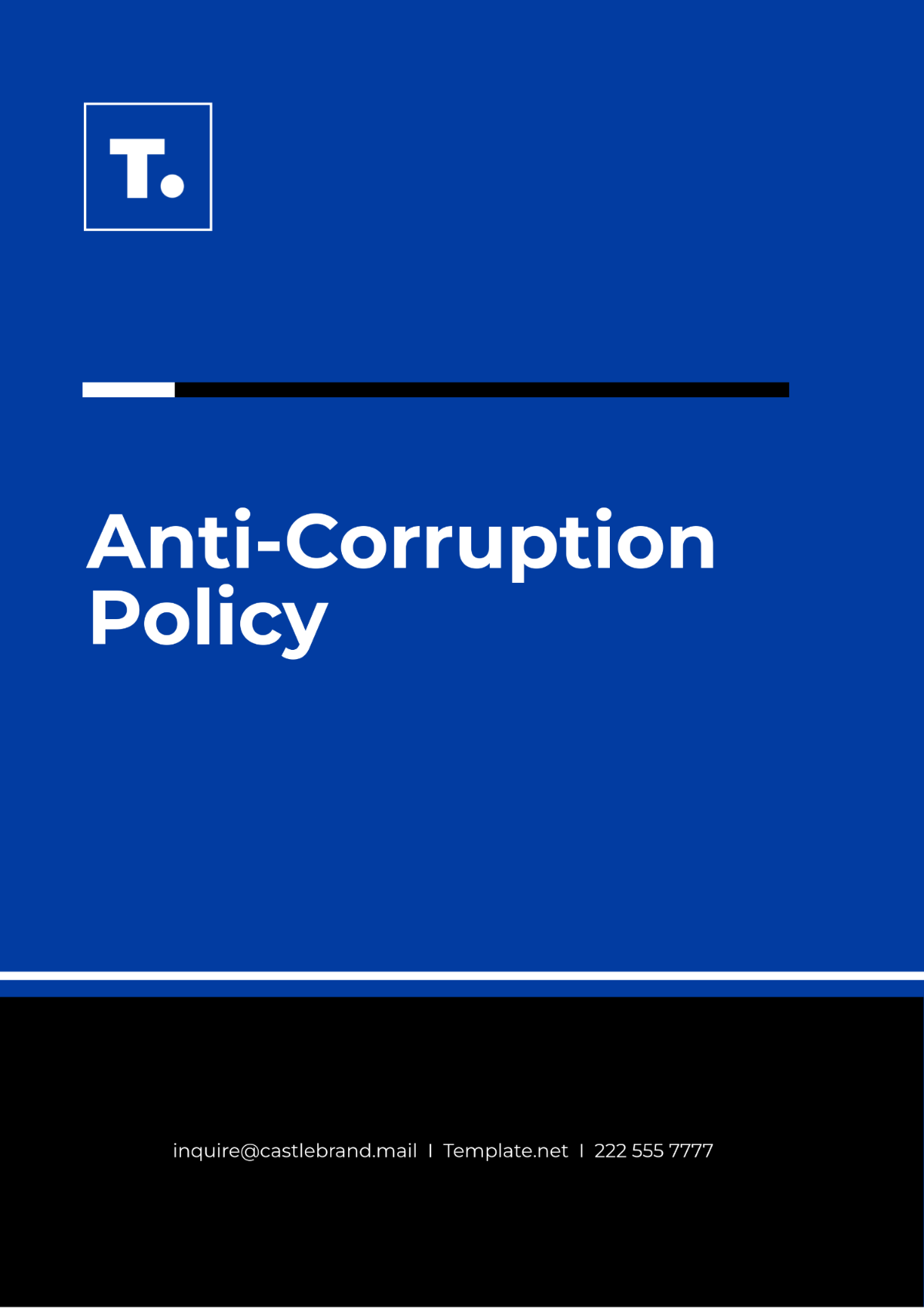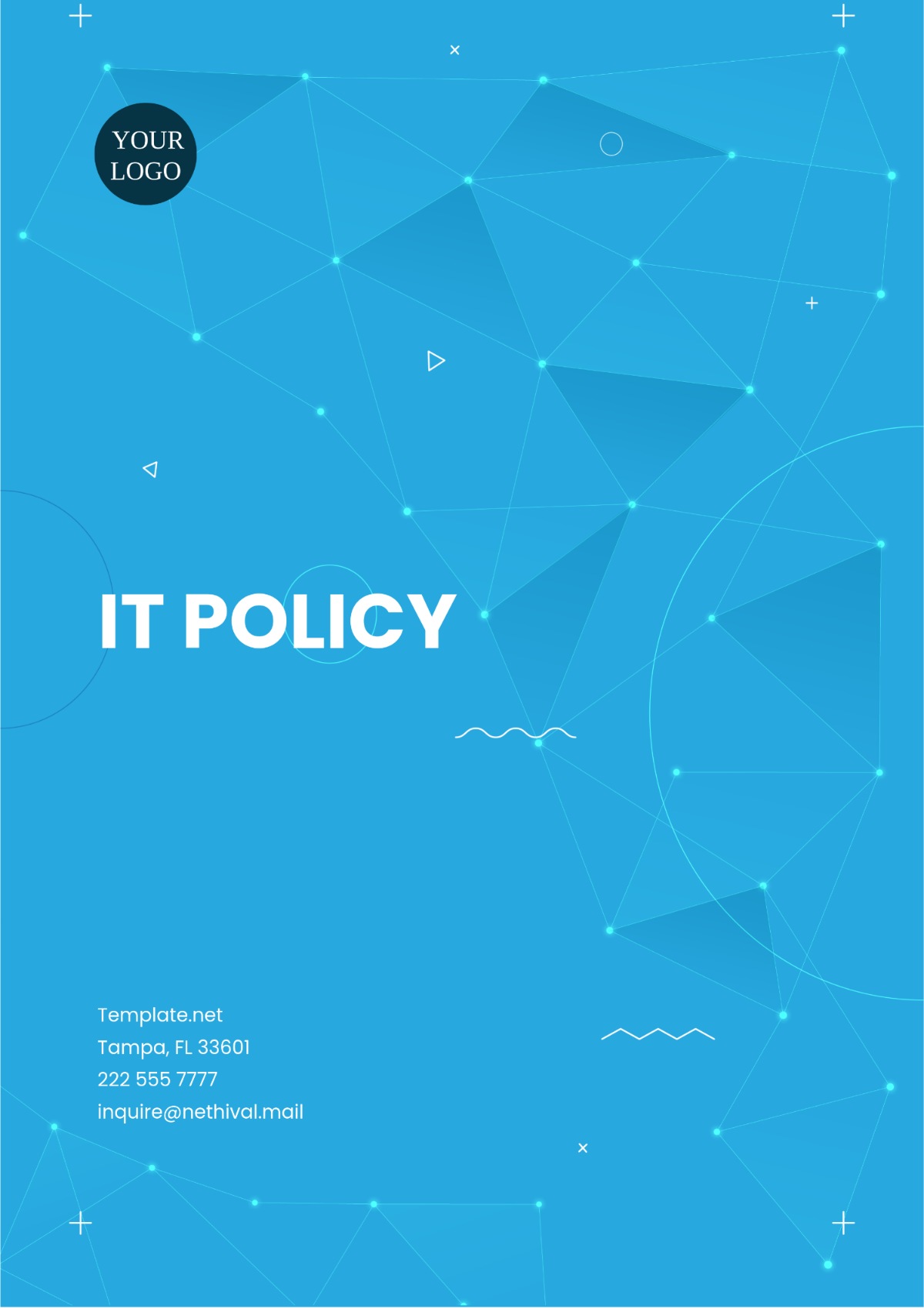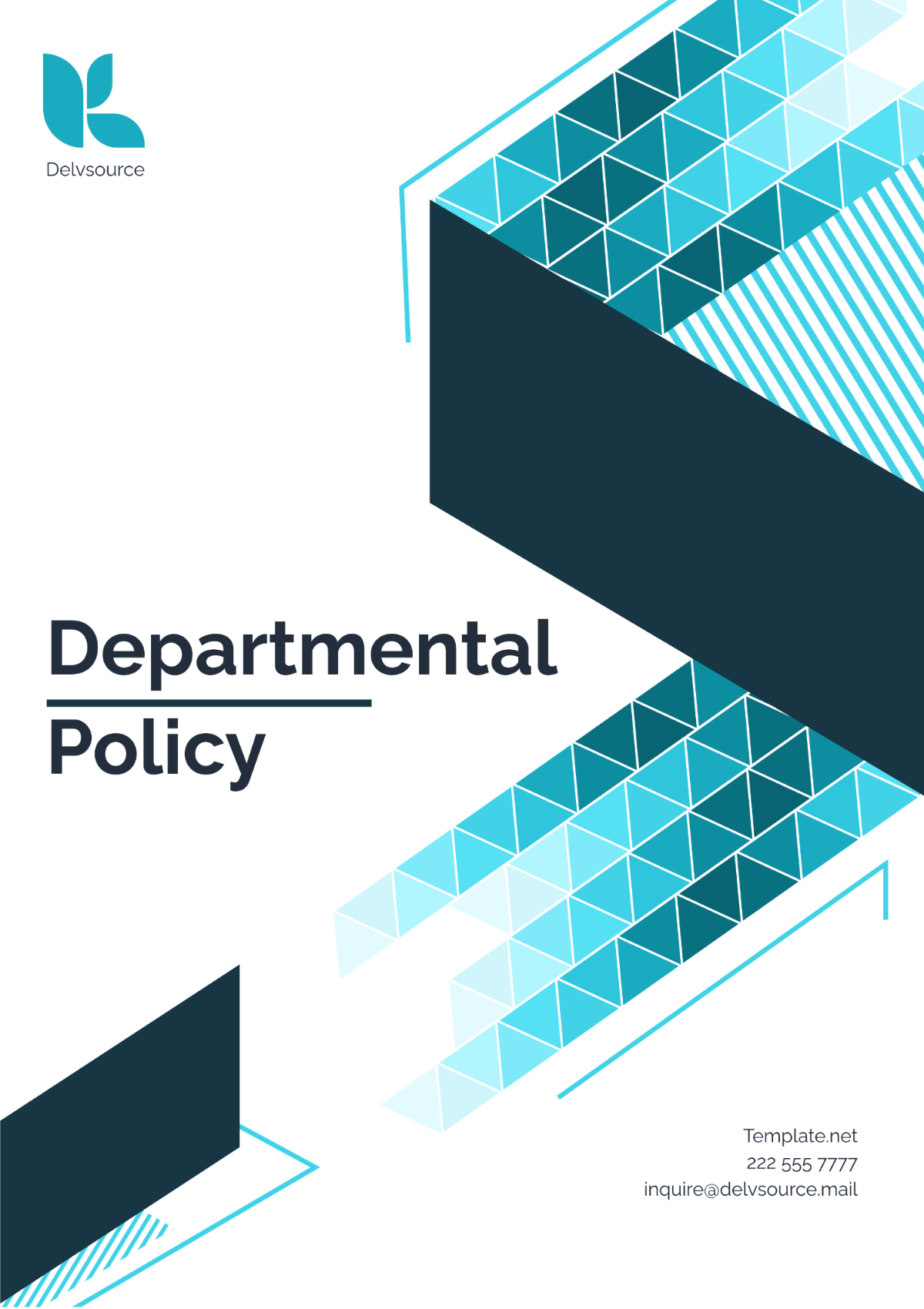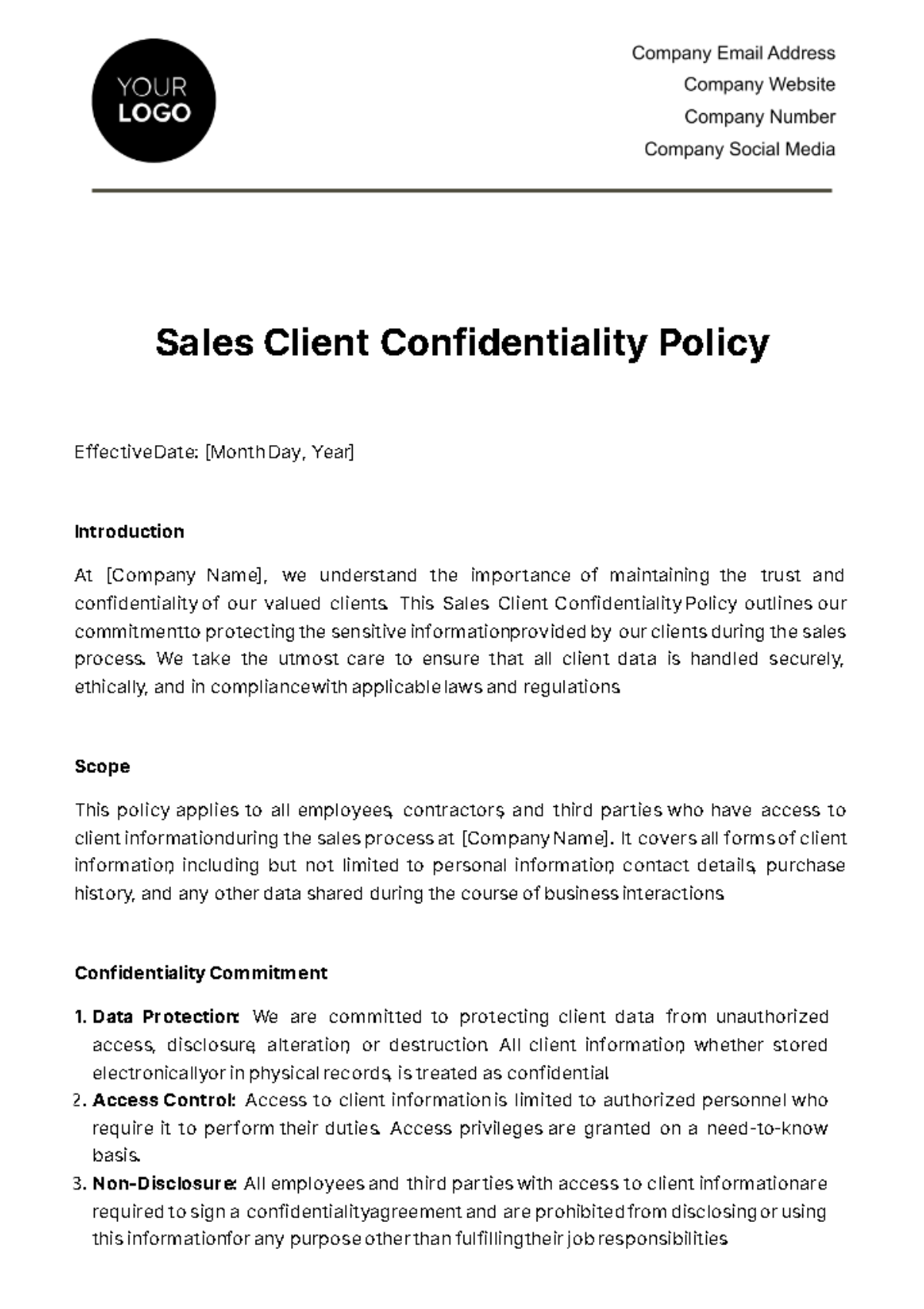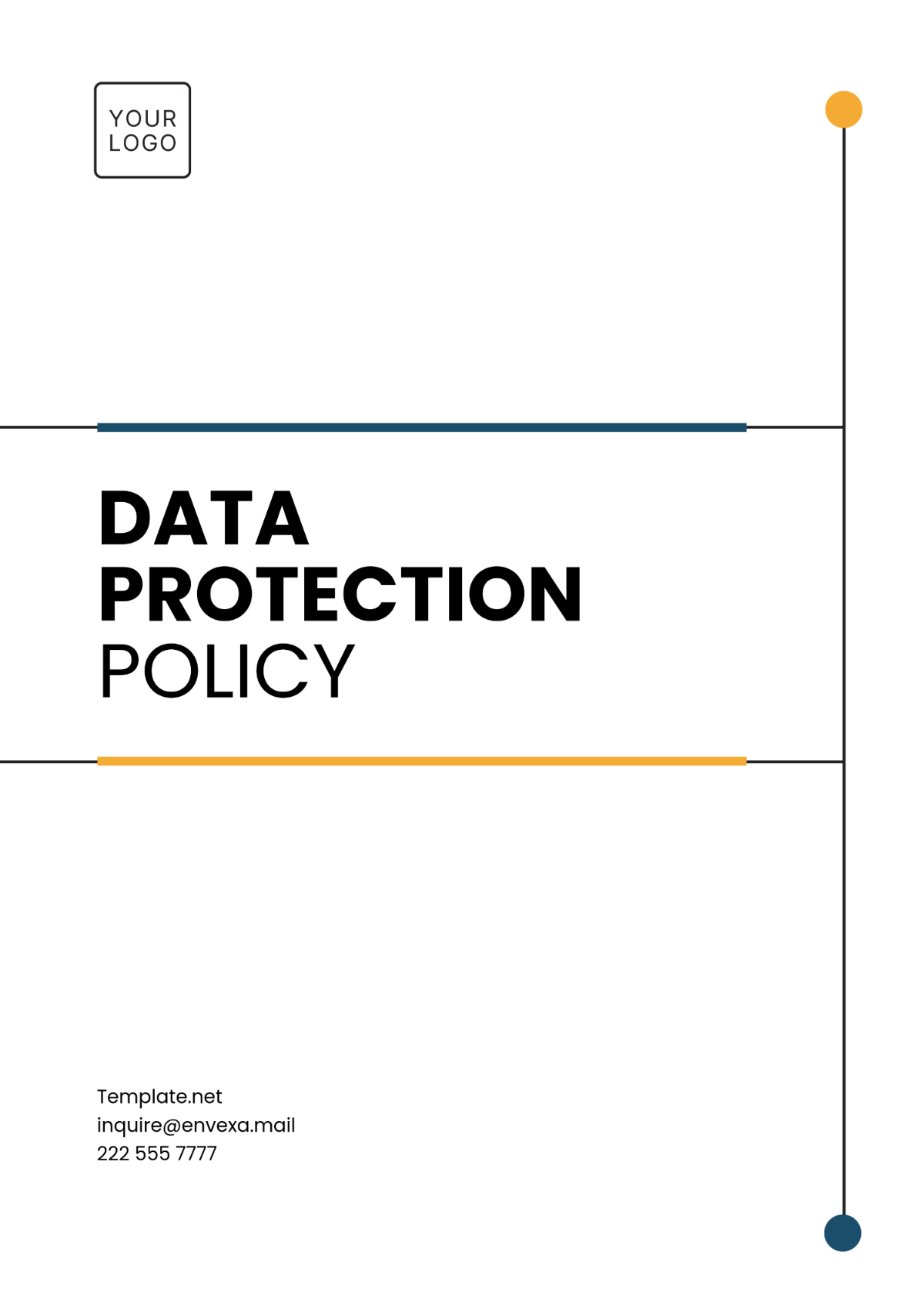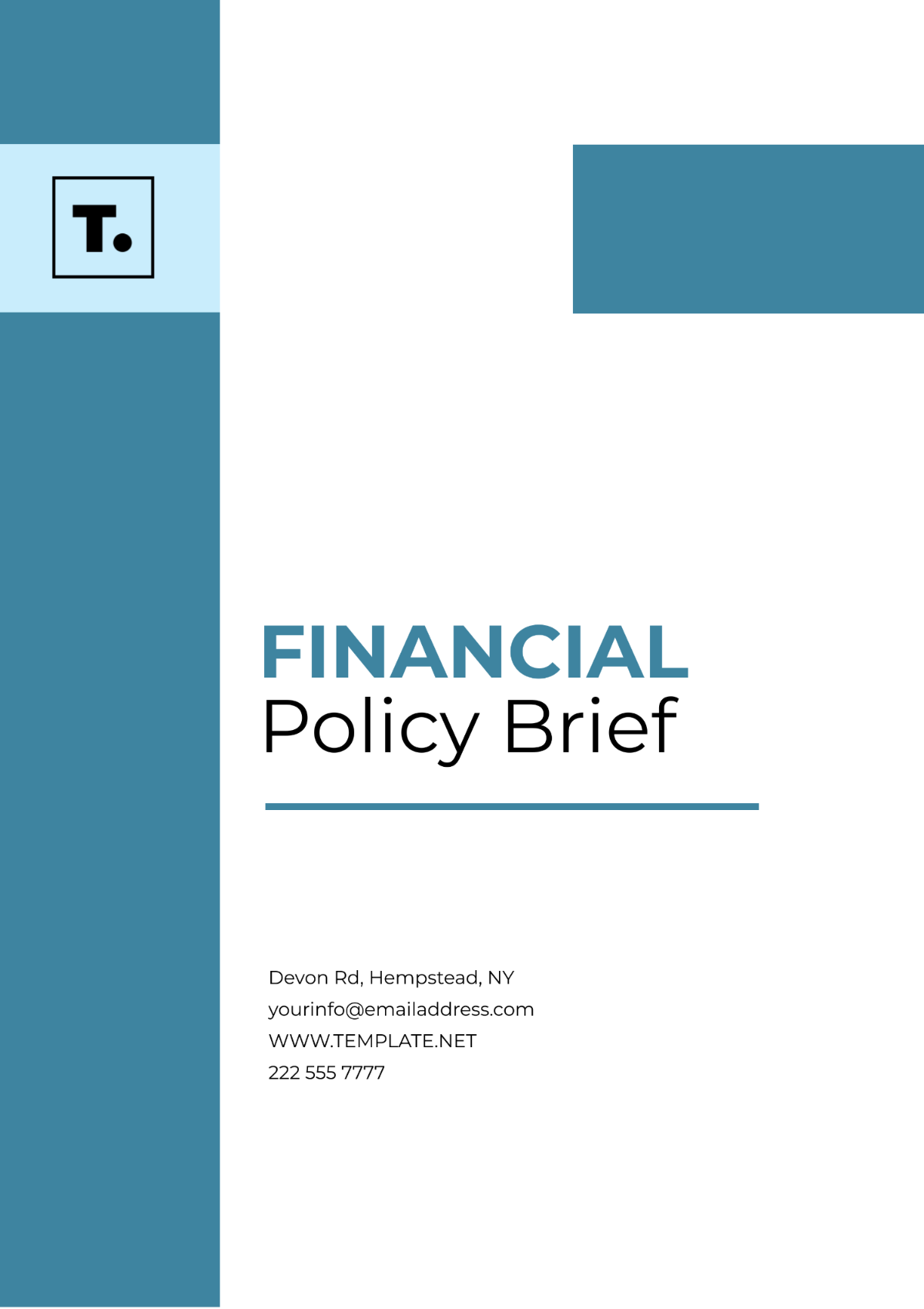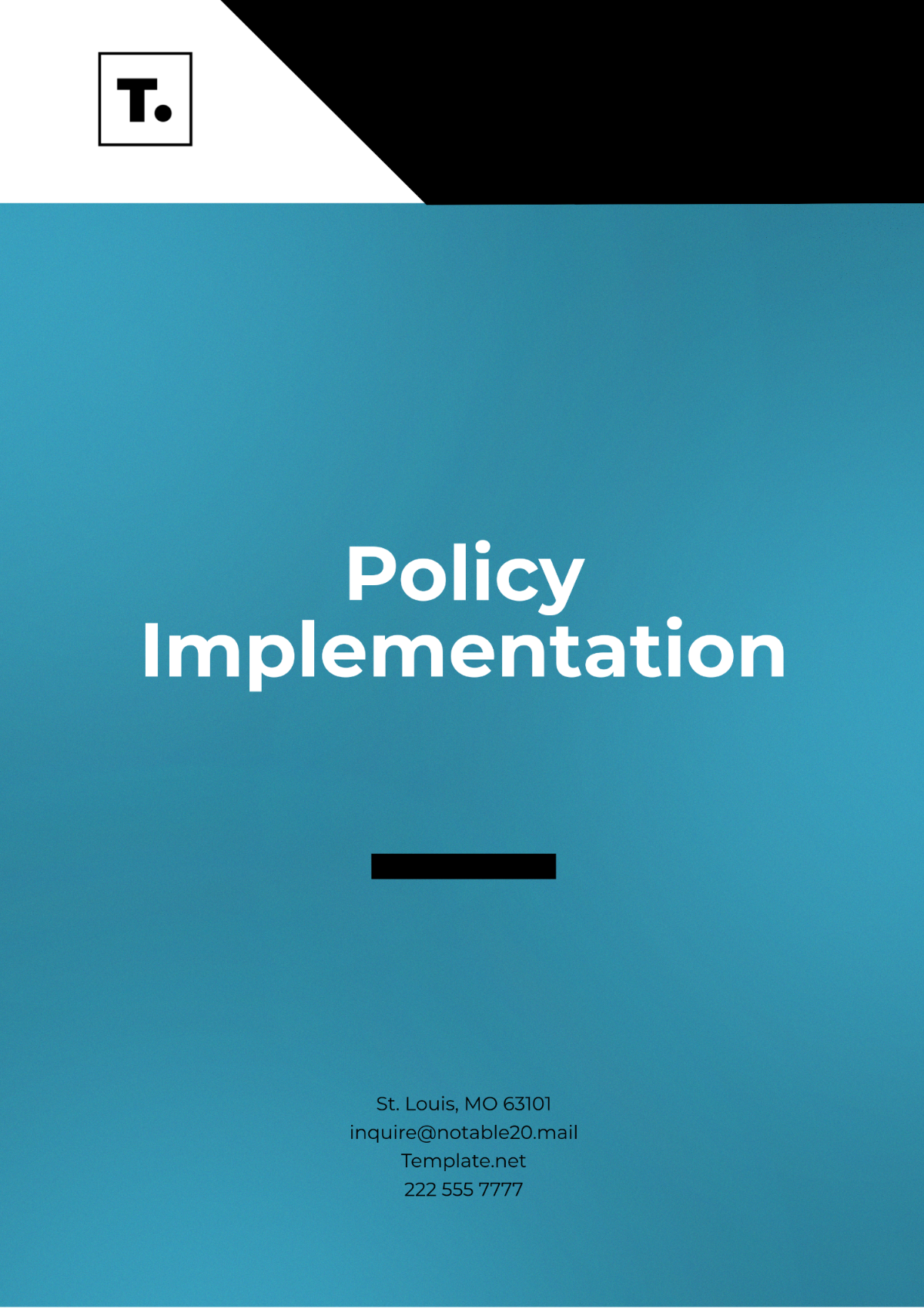Policy Brief Executive Summary
[YOUR COMPANY LOGO]
Prepared by: [Your Name]
[Your Position]
[Your Company Name]
Date: [Date]
Introduction:
This policy brief outlines key strategies for mitigating climate change and its adverse effects. Addressing climate change is imperative for the well-being of current and future generations. It is essential for policymakers and environmental organizations to collaborate and implement effective measures to reduce greenhouse gas emissions and adapt to changing climatic conditions.
Key Findings:
The policy brief presents the following key findings:
Climate change poses significant risks to ecosystems, economies, and human health, necessitating urgent action to mitigate its impacts.
Transitioning to renewable energy sources and improving energy efficiency are crucial steps in reducing greenhouse gas emissions and mitigating climate change.
Afforestation, reforestation, and sustainable land management practices can enhance carbon sequestration and mitigate deforestation and forest degradation.
Sustainable agriculture practices, including agroforestry and soil conservation, play a vital role in reducing emissions and enhancing resilience to climate change.
Carbon pricing mechanisms provide economic incentives for emission reductions and can complement regulatory measures in achieving climate targets.
Current Status:
Despite global efforts to address climate change, significant challenges remain:
Limited political will and coordination among nations hinder progress in implementing effective mitigation measures.
Insufficient funding and resources for climate change adaptation and resilience-building efforts in vulnerable communities.
Resistance from vested interests in the fossil fuel industry poses obstacles to transitioning to renewable energy and reducing emissions.
Mitigation Strategies:
To address these challenges, the following mitigation strategies are proposed:
Transition to Renewable Energy: Accelerate the transition from fossil fuels to renewable energy sources such as solar, wind, and hydroelectric power. Invest in renewable energy infrastructure and incentivize the adoption of clean energy technologies.
Energy Efficiency: Improve energy efficiency in buildings, transportation, and industries through the adoption of energy-efficient technologies and practices. Implement building codes, standards, and incentives to promote energy conservation.
Afforestation and Reforestation: Expand afforestation and reforestation efforts to enhance carbon sequestration and restore degraded ecosystems. Protect and sustainably manage forests to mitigate deforestation and forest degradation.
Sustainable Agriculture: Promote sustainable agricultural practices that enhance soil health, increase carbon sequestration, and reduce emissions from deforestation and agricultural activities. Support farmers in adopting climate-smart agricultural techniques.
Carbon Pricing: Implement carbon pricing mechanisms such as carbon taxes or cap-and-trade systems to internalize the social cost of carbon emissions and incentivize emission reductions across sectors.
Recommendations:
Based on the findings and proposed mitigation strategies, the following recommendations are provided:
Strengthen international cooperation and collaboration to enhance climate change mitigation and adaptation efforts.
Mobilize financial resources and support mechanisms to assist developing countries in implementing climate action plans.
Promote public awareness and education on climate change and the importance of individual and collective action.
Conclusion:
Addressing climate change requires urgent and concerted action from governments, businesses, civil society, and individuals. By implementing these mitigation strategies, policymakers and environmental organizations can contribute to the global effort to mitigate climate change and build a sustainable future for all.






